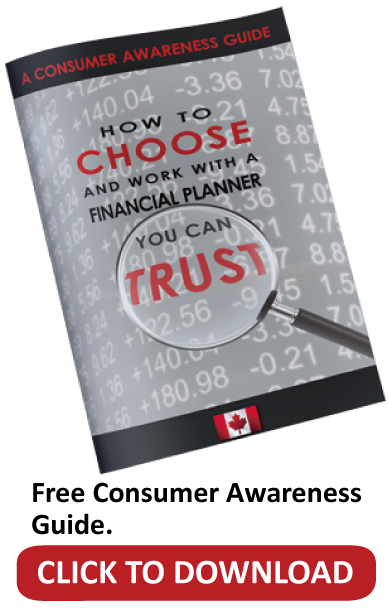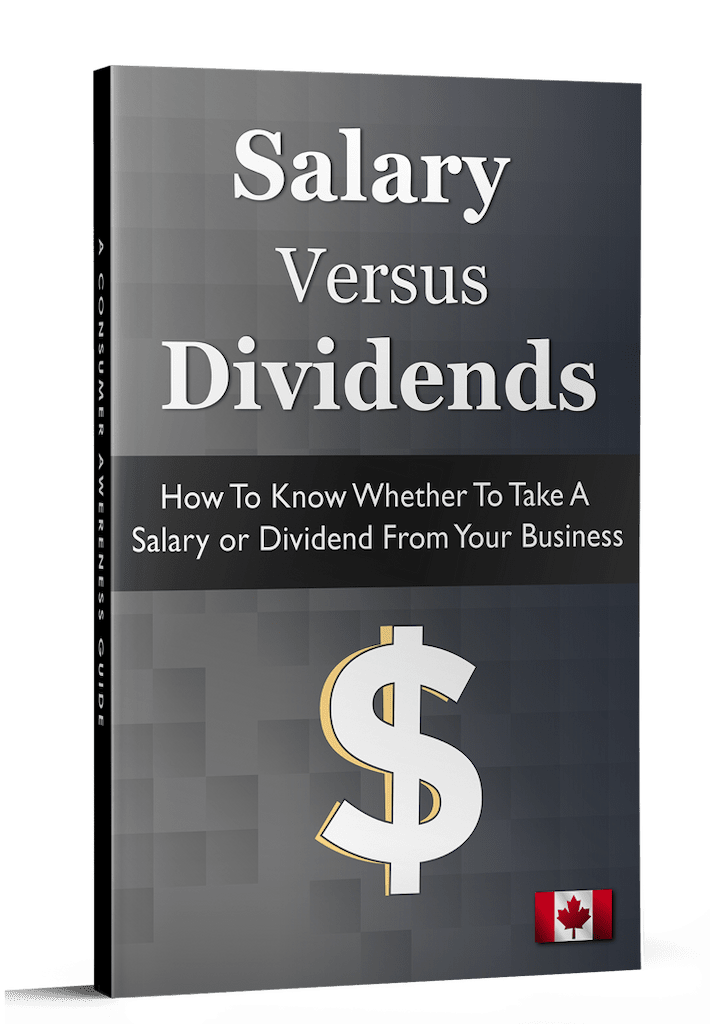Based on a past HSBC survey, nearly two-thirds of Canadians don’t have a financial plan. It didn’t make sense to me because another report showed that the majority of advisors in Canada do offer financial plans to their customers. Why, then, do so few people have it when there is such a high number of professionals who are qualified to help them prepare one?
I spoke with Alan Goldhar, a professor of Financial Planning at York University, and he informed me that the issue is that the industry offers more jobs to financial salespeople who sell investment and insurance products. As a result, most individuals choose to forgo the challenging process of finishing their Certified Financial Planner (CFP) designation. Financial planning is the number one priority on a CFP’s agenda, so it’s incredibly essential to find an exceptional financial advisor that you can work with.
In today’s blog post, I will discuss what is known as the Financial Advisor Evaluation form, a list of 10 questions that will help you assess your relationship with your financial advisor to ensure that you are receiving the best service possible. If you don’t have a CFP, go to www.fpsc.ca and check the listing, or contact us at IRONSHIELD to find out more.
1. Did you receive a copy of a Letter of Engagement?
A Letter of Engagement is a document that is reviewed and signed by your advisor, and outlines all of the details of the work they will do for you and how they will receive their compensation.
2. Are you charged fees that are not tied to the value of your investments?
Advisors charge fees for their financial planning work and these fees should not be tied to the value of your investments in any way.
3. Did your advisor provide you with a retirement income plan?
The worst thing that can ever happen is when we outlive our money. Your advisor should provide you with a retirement income plan at one of your progress report review meetings during the year to ensure that your money will outlive you.
4. Did your advisor provide you with an updated Estate Plan?
At the time of your death and your spouse’s, there will be an ultimate tax bill, which will state the amount of estate erosion when your assets are transferred to your beneficiaries. One of those beneficiaries is the government, so you must be aware of how much money will go towards them in order to preserve the value of your estate from the estate erosion that will take place.
5. Has your advisor reviewed your Will?
You should look at all your investments and other financial affairs in order to make sure that they are set up properly in line with the execution of your will. Your advisor should check to see that your affairs follow the will’s instructions when they are transferred to the next generation.
6. Are you provided with a written document as a record of your discussion with your CFP?
It is hugely important to have a written outline of everything that you and your advisor have discussed. You may have receipts as proof of any transactions that were done, but you need to have a full record of the strategy employed and what is being implemented for you by your advisor.
7. During a bi-annual insurance review, did your advisor provide you with an overview of your insurance portfolio?
Financial planning constantly changes due to life circumstances. Adjustments may need to be made if there is a change in objectives. Your advisor should review your insurance plan with you every couple of years to ensure that you are still on the right track.
8. Does your advisor offer investment or insurance solutions from third-party providers?
Investment and insurance solutions are always provided from firms other than the one your advisor represents, so you would want to see if your advisor is what’s called a captive agent, someone who only offers solutions from their company. You want to make sure that there is a degree of separation between your advisor and the solutions that are being implemented, to show that there is an unbiasedness.
9. Does your advisor review your tax return annually to ensure you are paying the least amount of taxes possible?
This is extremely important because your advisor should review your tax returns annually to ensure that changes are being factored in. Whenever there are major tax changes, have your financial advisor re-calibrate your plan and make sure that all their work is being recorded properly by your accountant.
10. Does your advisor provide you with clear options relating to your retirement plan?
A retirement plan is mostly based on assumptions; it is never set in stone. However, your advisor should give you a general framework when discussing retirement. Here are four elements that you should discuss with your advisor:
- What is my attainable income?
- When is the earliest point I could retire?
- What is the required rate of return for my portfolio for me to attain my goals?
- How much do I need to invest on a regular basis in order to properly fund my retirement goals?
If you answered “yes” to these 10 questions, be sure to thank your financial advisor next time because you have a great relationship with them! If you had a few “no” responses, it may be time to consider a second opinion. Creating a comprehensive financial plan is crucial and you deserve the best help available to assist you with your planning. Check out our guide for more details because finding an excellent financial planner could be a real confidence boost for you to live the life you want.
Related Links
Financial Advisor Evaluation Form
https://www.ironshield.ca/questionnaire/
The KAIZEN Financial Planning Process
https://www.ironshield.ca/our-programs/
Finding a CFP
http://www.fpsc.ca/find-a-planner-certificant


















